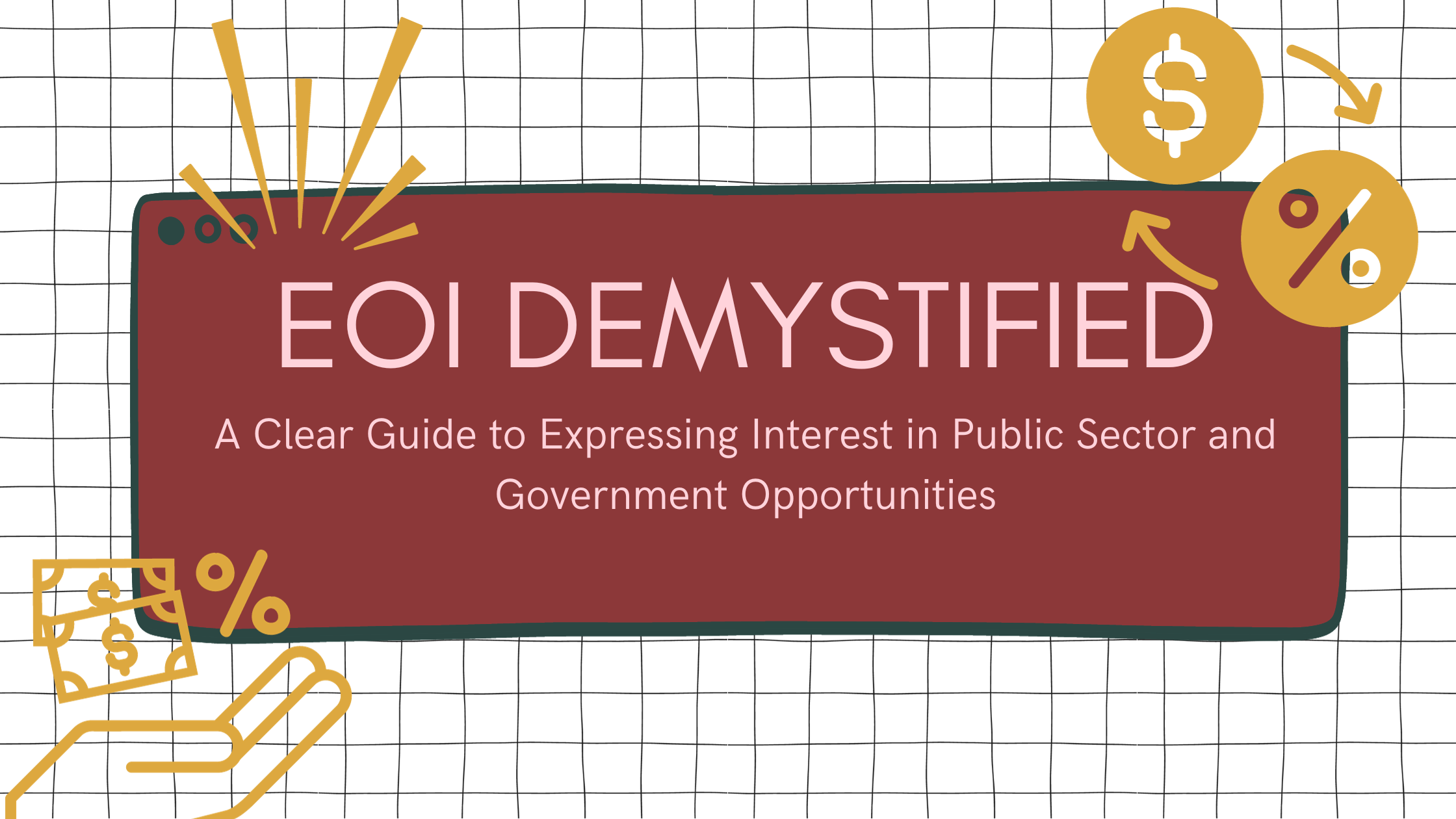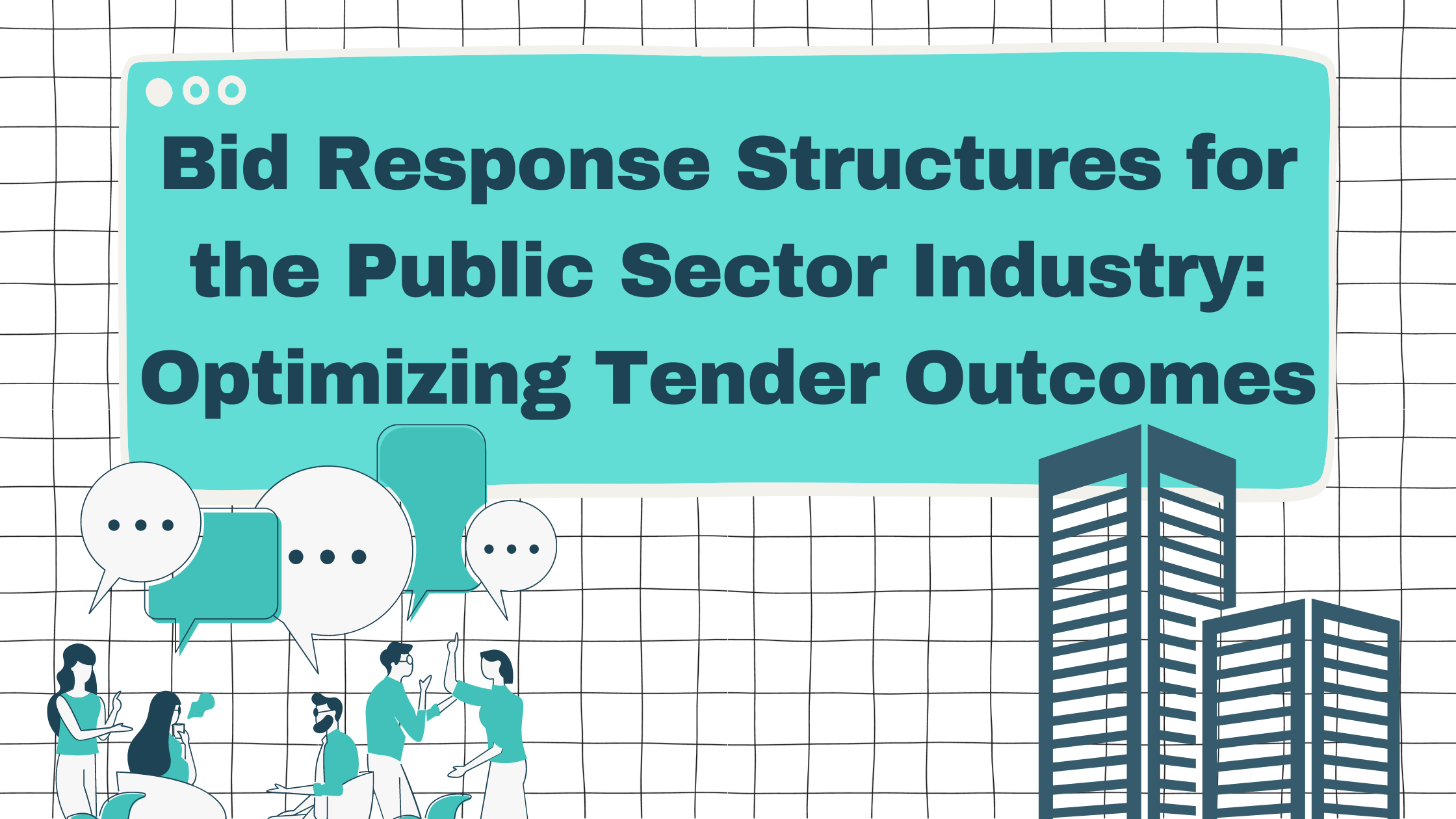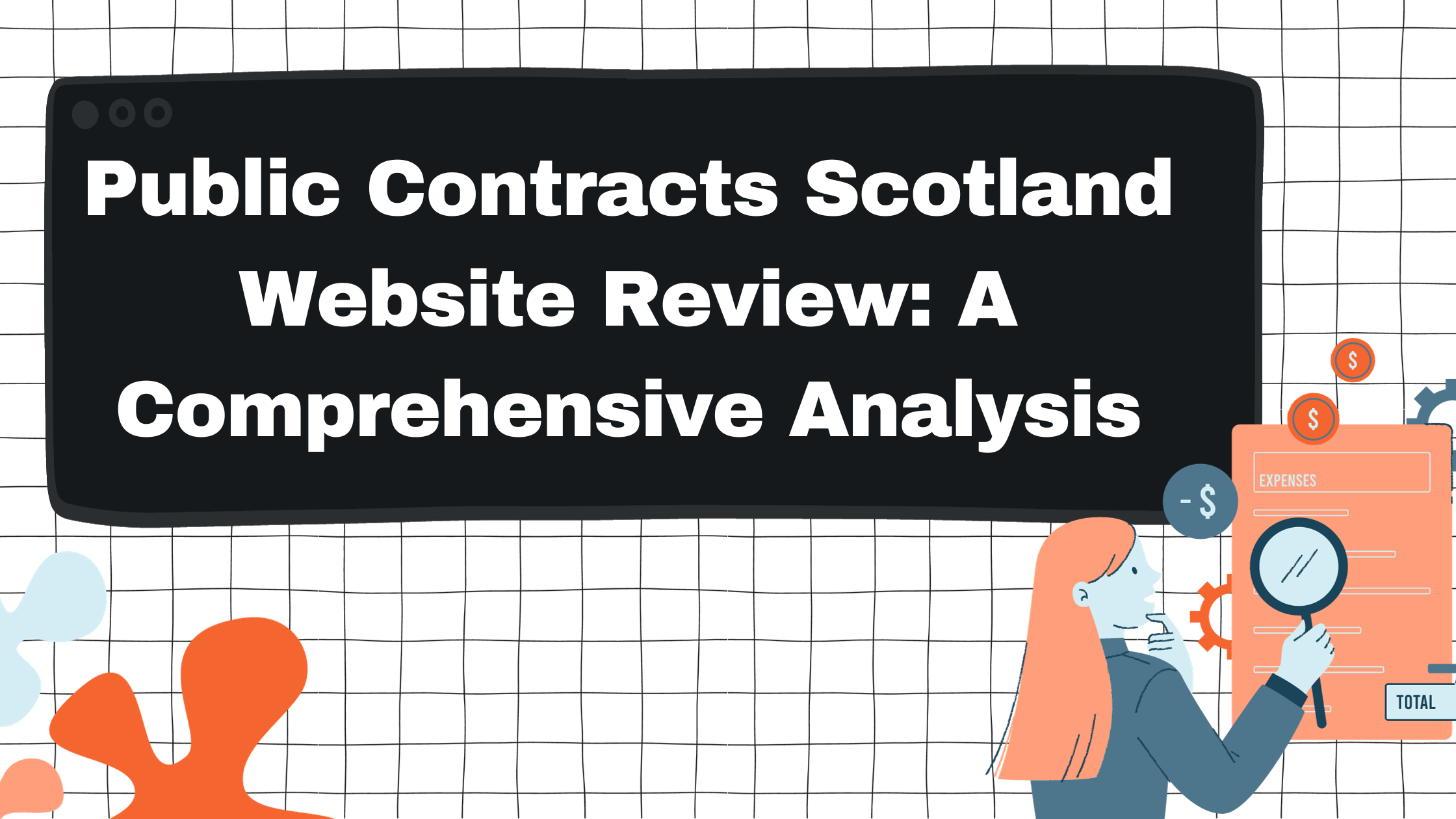Enhancing RFP and Proposal Writing Services with Custom AI Models: Elevating Success Rates and Precision

Need Help with Your Bid?
Get in touch by filling out the form and one of our advisors will be in contact.
Contact UsBenefits of Custom AI Models for Bid Writing: Enhancing Precision and Success Rates
In the increasingly competitive landscape of bid writing, the adoption of Custom AI Models can revolutionize the process. When you integrate artificial intelligence into your bid writing system, you unlock a wealth of benefits, from automating routine tasks to extracting insights from past proposals. Such AI models are built with your specific needs in mind, ensuring they align with your organization's methodologies and enhance your unique workflows.

Custom AI models provide valuable support in decision-making processes, such as bid/no-bid evaluations, and help you create more compelling and compliant bid responses. By leveraging data-driven insights and predictive analytics, these models help you to identify the winning strategies. This tailored approach not only refines the quality of your submissions but also saves time, enabling you to concentrate on strategy and relationship building.
Key Takeaways
- Custom AI models streamline bid writing, enhancing both efficiency and compliance.
- Predictive analytics and tailor-made tools give you a significant edge over traditional methods.
- AI-driven bid writing helps focus your efforts on strategic decision-making and winning more contracts.
Empowering Bid Writing with AI: Key Advantages
Incorporating AI into bid writing enhances the process by accelerating task completion and improving the quality of submissions. You'll witness significant efficiency gains and unlock data-driven competitive advantages by leveraging technological advancements.
Enhanced Efficiency and Speed
AI boosts your bid writing efficiency by automating routine tasks. Natural language processing (NLP) and machine learning algorithms rapidly analyze RFPs (Request for Proposals) and extract key requirements. Here’s how AI makes a difference:
- Streamlined Processes: Automates document control and project management tasks, saving you valuable time.
- Fast Drafting: Generates initial response drafts quickly, accelerating the proposal development cycle.
Quality and Consistency in Bids
With AI, the quality of your bid submissions can reach new heights while maintaining consistency across all proposals:
- Error Reduction: AI minimizes manual errors, ensuring precise and accurate responses.
- Standardization: Delivers a uniform tone and style that aligns with your brand's voice in all bids.
Data-Driven Insights for Competitive Bidding
AI technologies provide you with a wealth of data-driven insights that sharpen your competitive edge:
- Market Analysis: AI tools can sift through vast datasets to reveal trends and preferences in the bidding landscape.
- Performance Tracking: Analyzes past bids to highlight successful strategies and areas for improvement.
By integrating AI into your bid writing practices, you embrace cutting-edge solutions that transform both efficiency and outcomes.
Understanding AI Technology in Bid Writing

When exploring the integration of AI into bid writing, it's essential to comprehend the foundations of Natural Language Processing and the role of machine learning models. These technologies leverage algorithms and data to enhance your tender submission processes.
Natural Language Processing Fundamentals
Natural Language Processing (NLP) is a branch of AI that enables computers to understand, interpret, and respond to human language. Through NLP, AI systems can analyze your bid documents to identify themes and requirements, making it easier to ensure that your responses are thorough and on-target. NLP allows AI to assist with tasks such as:
- Keyword Identification: Extracting critical phrases from tender documents.
- Semantic Analysis: Understanding context to maintain relevancy in responses.
Machine Learning Models and Their Function
Machine Learning (ML) models are algorithms that learn from data to make predictions or decisions. Within bid writing, these predictive capabilities can improve your chance of success by:
- Analyzing Past Bids: Learning from previous tenders to guide your strategy.
- Optimizing Responses: Suggesting improvements based on historical win rates.
By embracing AI technology, you're able to not only streamline your bid writing process but also enhance the quality and precision of each submission.
The Competitive Edge: AI vs. Traditional Bid Writing
The advent of artificial intelligence (AI) has redefined the landscape of bid writing, offering a competitive edge by increasing the relevance and precision of proposals while also integrating seamlessly with human creativity and oversight.
AI in Enhancing Proposal Relevance
AI-powered tools excel in distilling vast amounts of data to enhance the relevance of your bid proposals. By understanding and aligning with the specific requirements and metrics valued by the evaluators, AI systems can tailor your responses to the client's needs in a way that was previously unattainable with traditional methods. For instance, custom AI solutions can analyze past successful bids, identify winning themes, and integrate these insights into your current bid strategy.
An AI's ability to rapidly process and synthesize information not only saves you considerable time but also helps to craft bids that resonate more deeply with potential clients, thereby setting you apart from your competitors. You are no longer just responding to a brief but are directly addressing the client's implicit goals and desires, making your proposition more compelling.
Overcoming the Challenges with Human-AI Collaboration
Despite its benefits, AI in bid writing does come with challenges that require careful navigation. Key among these is ensuring that the final bid remains creative and human-centric. AI excels with logic and structure, but your human touch brings the narrative to life. It's this synergy between human creativity and AI's capabilities that fortifies your bids against challenges such as increasing complexity and the nuanced understanding of client needs.
Human oversight is critical to identify and correct any discrepancies that might occur. With AI, you can manage more bids simultaneously, leveraging machine efficiency, while human collaborators focus on maintaining creativity and injecting the proposal with a strategic vision that AI alone cannot achieve. In this collaboration, you reinforce the strengths of both human and AI components, resulting in proposals that are not only aligned with technical requirements but are also imbued with the unique insights that only you can provide.
Achieving Optimal Outcomes with AI-Enhanced Bids
Incorporating AI into your bid writing process can significantly enhance precision and ensure adherence to security and compliance standards. This leads to improved outcomes and a competitive edge in the bidding arena.
Precision and Custom Tailoring of Content
AI provides a level of precision in custom tailoring content for bids that is difficult to match through human efforts alone. With AI, you can analyze complex datasets to understand what has made past bids successful. This analysis aids in crafting highly accurate and relevant responses for future proposals. The content is not only tailored to the requirements of each individual request for proposal (RFP) but also optimized for winning, considering historical trends and outcomes.
- Data-driven insights: AI models draw on extensive data to guide content development, ensuring every answer aligns perfectly with the proposer's query.
- Adaptive learning: Unlike static templates, AI systems learn and improve over time, constantly refining the accuracy of your bids.
Security and Compliance in AI Bidding
When utilizing AI in bid writing, security and privacy are paramount. Advanced AI solutions prioritize protecting sensitive information throughout the bidding process. Your bids are safeguarded against unauthorized access, and all AI-enhanced activities comply with relevant regulations.
- Automated compliance checks: AI ensures bids meet all regulatory requirements by analyzing and cross-referencing all documents against current laws and standards.
- Robust privacy protocols: With AI, your bid's confidentiality is maintained, reducing the risk of data breaches that could compromise sensitive information.
Navigating the Bid Writing Landscape: Strategy and Tools
In today's competitive market, your ability to navigate the complex terrain of bid writing is pivotal. Leveraging AI and selecting appropriate tools ensures your bid stands out, marrying the robustness of technology with the finesize of human insight.
Incorporating AI into Bid Writing Processes
Custom AI models are transforming the bid writing process by providing tailored assistance that adapts to your organization's unique methodology. AI assists with the proposal management elements by handling data analysis, risk assessment, and optimizing how information is curated and presented within a proposal.
- User-friendly interfaces in AI tools aid in streamlining the process, reducing the learning curve and increasing efficiency.
- Collaborative features ensure that team members can work concurrently, with AI managing version control and integration seamlessly.
By using AI, you're not just processing data; you're synthesizing it into a compelling narrative that underlines your bid's value proposition.
Selecting the Right AI Writing Tools
The selection of writing tools hinges on several critical factors, such as compatibility with your existing software stack, scalability, and the specificity of the AI to your bid writing requirements.
- Evaluate tools based on their ability to intuitively understand your business's language and terminologies.
- Focus on software that offers a balance between automated suggestions and human touch, allowing for customization and adjustments.
Consider tools that provide real-time editing and feedback, helping you to sculpt your proposal into a persuasive and cohesive document. Your choice should not just save time but also enhance the quality of your submissions.
Frequently Asked Questions
In this section, you’ll find detailed answers to common questions about the specialized role of AI in optimizing the bid writing process.

How can AI improve the accuracy and efficiency of bid writing?
Your bid writing can be improved by AI through automating routine tasks and analyzing previous proposals to suggest improvements. For instance, AI can reduce human error and expedite proposal development, ensuring bids are both accurate and submitted promptly.
In what ways does custom AI aid in the analysis of RFPs and tailoring responses?
Custom AI models are designed to interpret RFP requirements and help you draft tailored responses that align with the solicitation's criteria. This targeted approach ensures your proposals resonate more effectively with potential clients.
What advantages does AI offer for managing and organizing bid-related documentation?
AI streamlines the management of bid-related documents by categorizing information and maintaining a repository of past bids and templates, thus improving your document retrieval times and organization.
How does AI contribute to crafting more competitive proposals in bid writing?
AI assists in crafting competitive proposals by providing data-driven insights, personalizing content based on the target audience, and optimizing the language for impact, thereby enhancing the overall persuasiveness of the bid.
Can AI tools assist in streamlining communication and collaboration during the bid writing process?
Yes, AI tools facilitate better communication and collaboration by centralizing feedback, tracking changes across multiple versions, and assuring that all team members are working with the most updated information.
What are the cost-saving implications of integrating AI into the bid writing workflow?
Integrating AI into your bid writing workflow can lead to significant cost savings by reducing the time spent on manual tasks, minimizing the need for extensive rewrites, and cutting down on resource allocation for bid development.
Ready to start your search?
Get in touch by filling out the form to the right and one of our advisors will curate a personalised selection for you.
Get in touchBlogs. Guides. Helpful advice.

Mastering Proposal and RFP Writing for Government and Public Sector Opportunities

Proposal and RFP Writing Services: Enhancing Public Sector Tender Outcomes

.svg)